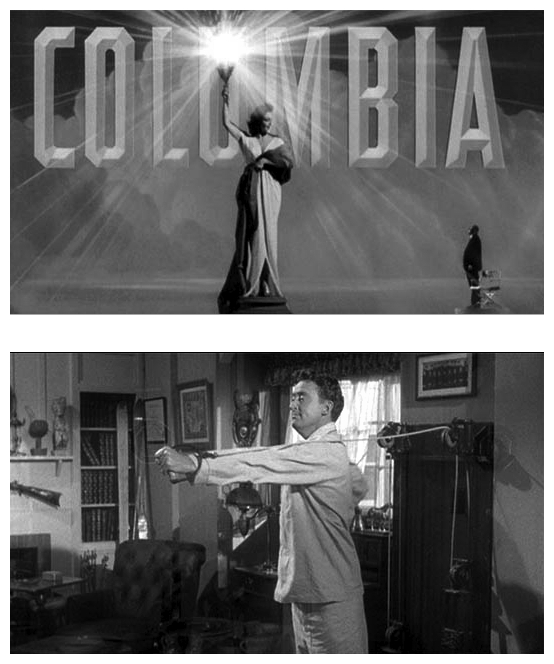

There is only so much that self-study can accomplish. That is why people take lessons: way better results and progress, much more complete information, exposed to way more creative ideas than you can get from a blog or YouTube video.
#Zotz movie youtube free
These free lessons are cool, but you will never experience the progress, joy, and results that my students experience in lessons when you’re learning by yourself from blogs and videos. Hit me up anytime at if you have any questions, or if you would like to book a lesson. Not a whole lot of chords or chord movement, repetitive melody lines (“the sun is up, the sky is blue, it’s beautiful, and so are you” – same 3 melody notes over and again, no call and response), a distinctive mood and vibe that is beyond just major or minor.

When vocals kick in, it becomes a 12 bar blues. Very few chords, same chord repeating for a long time in the intro and all keyboard solos. The song is in D Dorian, transposes up a half step to Eb Dorian for the B section. Notice the character of the song: very floating, like a snapshot, not a whole lot of movement, only 1 chord (in the first section), the song evokes and creates a mood more than it tells a story. The 1st part is in Mixolydian, the 2nd part is in Dorian. Less call and response, it just keeps meandering, in the moment. Lots of repetition, only 1 chord, melodies evoke a journey and a mood, more than they tell a story. Cool examples of modal music to illustrate the above descriptions. When you move the first note down a half step in Locrian, you get a Lydian scale. Interesting to ponder if it is a coincidence, that the scale perfectly in the center (of the above list), and thus with the perfect balance between light and dark mood, is also palindromic.Īnother fun fact: while it appears Lydian and Locrian couldn’t be any more removed from one another, they are actually only 1 note different from one another. You get the same intervals in the same order ascending and descending. It’s fun to mention also that of these modes, Dorian is a palindrome. Music was created not on the principle of major and minor, nor as a means to tell a story, but in terms of creating and expressing moods, picking the appropriate mode that most closely evoked the mood one wanted to express or share.

That is precisely how modes were approached in Medieval Music. Lydian is the brightest, most open-sounding mode, Locrian is the darkest sounding mode.Īs you go from Lydian to Locrian, the modes get progressively darker.ĭorian is said to be the most (emotionally, moodily) balanced sounding scale between happy and sad, light and dark.Īfter all, it is right in the middle of the list. This is well illustrated when you look at the intervallic structures of the modes.Īs the distance between the tonic (1, C) and all other following notes gets smaller, this has the effect of a scale sounding sadder and darker with each note flattening. “Mode” comes from a Greek word which, supposedly, means “mood”.

That is the difference between “mode” and “scale”. There are more different mood gradations beyond just happy (major) and sad (minor).


 0 kommentar(er)
0 kommentar(er)
